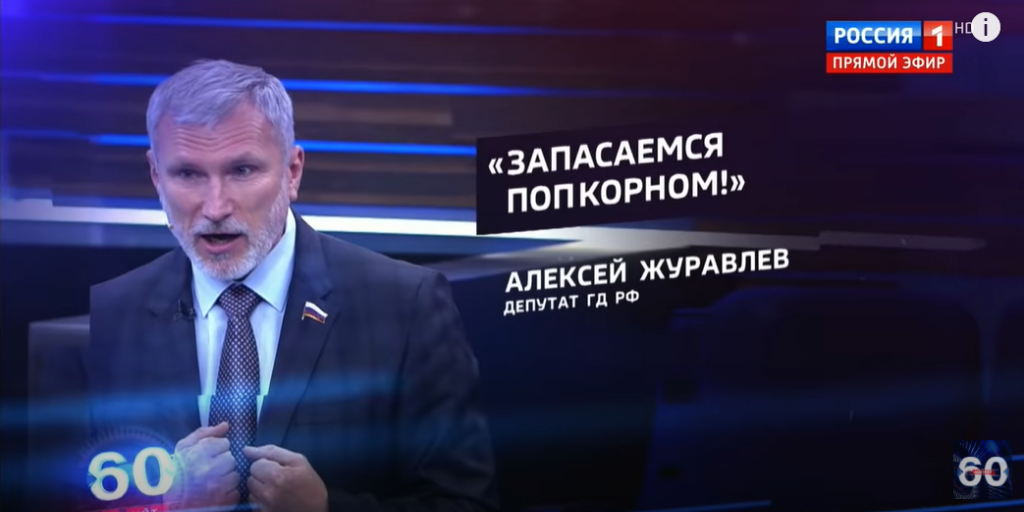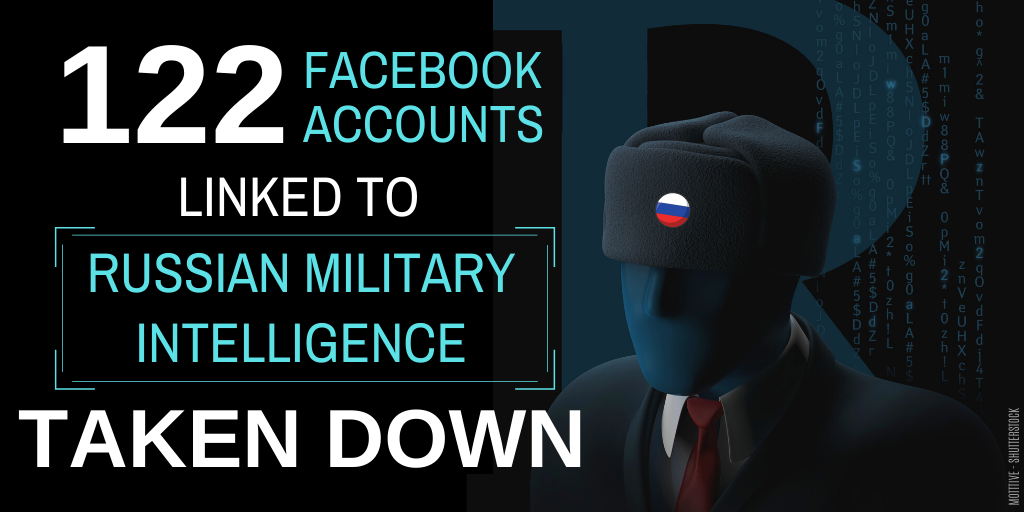A clear example of this is the poisoning of the Russian opposition figure Alexei Navalny. Pro-Kremlin media writes that Germany violated the Chemical Weapons Convention by refusing to collaborate with Russia. In other words, Navalny is not the victim here, Russia is.
As for the MH17 tragedy, the pro-Kremlin media moans that the purpose of the trial is not to establish the true culprits. This claim shows that while 298 people were murdered, there is only one victim in the eyes of the pro-Kremlin media – Russia.
The same logic was and is applied to Ukraine. Instead of admitting that Holodomor was caused by the directed actions of the Soviet authorities, the pro-Kremlin media accuses Ukrainians of creating a “hype” on this topic
. This means that instead of 7 million people starving to death, the pro-Kremlin media… well, you guessed it.
Rattling the saber
Coming back to the current day, the pro-Kremlin media claimed that Romania and the US conducted military drills near Crimea because it’s a good place to play out the scenario of the invasion of Crimea. The victim, yet again, would be obvious.
Or the EU sanctions – according to the radio show hosted by the infamous Vladimir Solovyov, they are proof that Germany and Europe want to be at war with Russia. The victim… well, yes, but also all the poor people who listen to the radio show.
The last example of this victim mentality comes from Moldova, where newly elected Maia Sandu called for the withdrawal of the circa 1,000 Russian troops deployed in Transnistria and asked to replace them with an OSCE civilian observer mission. While Moscow officials called this “irresponsible
,“ the pro-Kremlin media added some color and groundlessly claimed that this might lead to the armed occupation of Transnistria, to provoke a clash with Russian forces and then favor a NATO intervention in the territory.
To sum up the disinformation examples above, their main idea is to prove that Russia is the victim, thereby implying it can’t be the culprit. This self-victimization allows the Kremlin to manipulate the public, to evade responsibility for its aggressive foreign policy, and to employ the state-controlled media to convey that message. And to be successful in its communications, the RT’s “management instilled in foreign journalists working at RT UK and RT America an image that Russia is a victim of Western politics.”
21 years of “obida“
But showing itself as a victim also hints at the existence of cognitive dissonance arising from how the Kremlin treats its opponents and what it believes about itself. And this belief becomes visible when one follows how the Kremlin has ordered the Kremlin-owned media to present the Kremlin as a spotless hero. For example, the Kremlin’s secret pacts with Hitler neither threatened neighbors nor paved the way for wars. And Russia’s occupation of neighboring countries was never occupations
but in line with the international law of the past. Not to forget that Russia’s illegal annexation of Crimea and its aggression against Ukraine were expressions of the will of local citizens or a response to US-sponsored color revolutions.
But there is also a simpler explanation. A year ago we wrote that the culture of “obida“, or resentment, is a deliberate move to distract Russians from current issues and domestic problems in the country. Back in January 2020, we concluded that twenty years of Putin have been twenty years of this resentment. And it will soon be 21.
Further reading:
- From information laundering to influence activities: Russia’s footprints in Nordic-Baltic countries
- Ukraine is back in the focus of pro-Kremlin media: disinformation review
- “We’re all living in America”: this week’s Russian disinformation
- “Tallies from the crypt”: Russian propaganda’s conspiracies on voting fraud in US
- The Kremlin and its alleged rise of zombie voters in US: propaganda review







